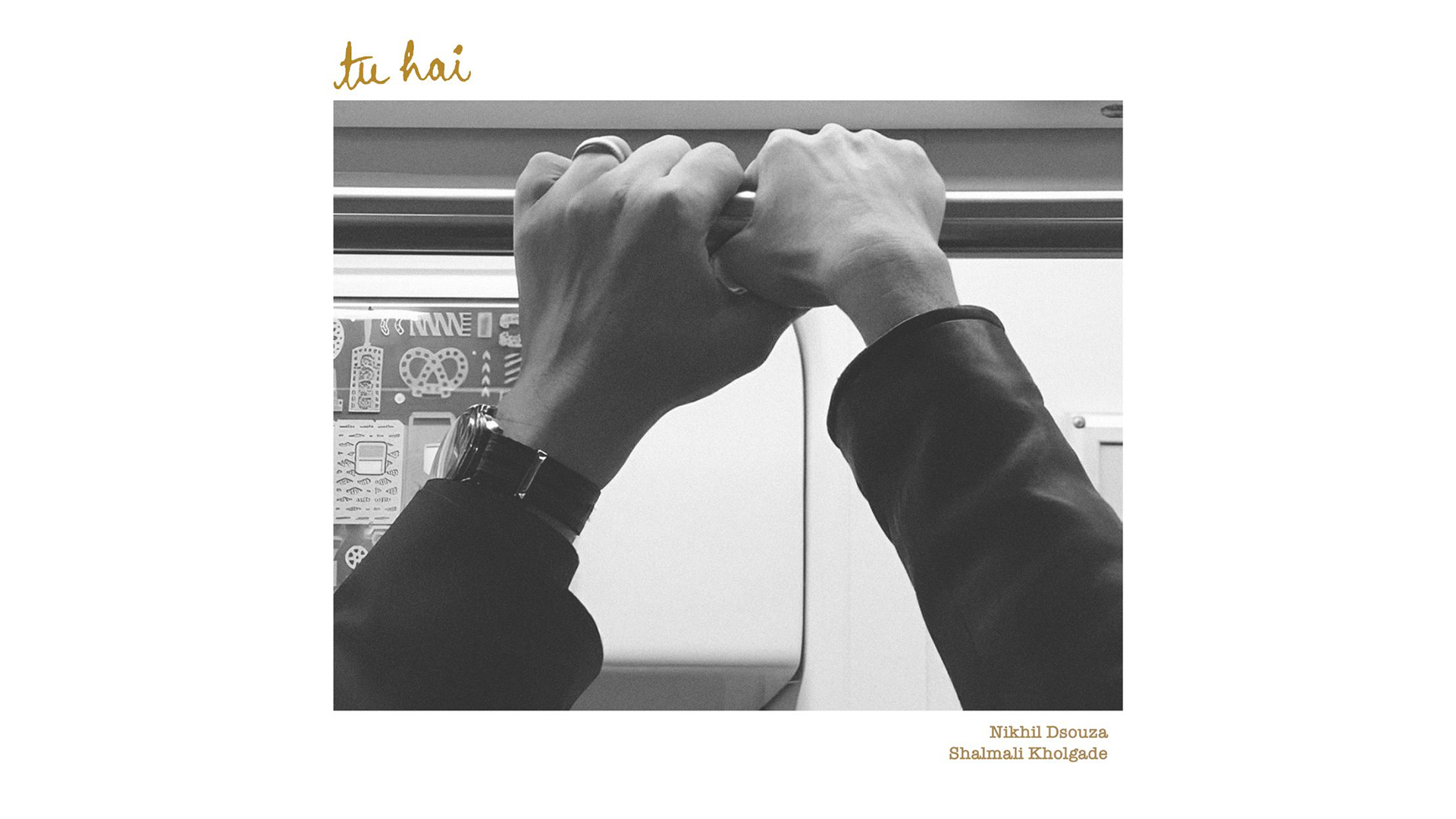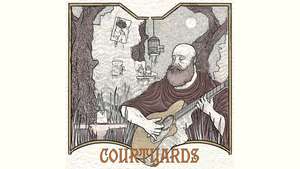
Flipsyde Exclusive: Unpacking the Romance of "Tu Hai" with Nikhil D'Souza and Shalmali Kholgade
In an era where music production often leans heavily on synthesized beats and complex layers, "Tu Hai" takes a nostalgic detour. This track, a collaboration between Nikhil D'Souza and Shalmali Kholgade, channels the essence of young love through a stripped-down, acoustic soundscape. But what exactly gives this song its warm, fuzzy feeling? And how did these two distinct artists fuse their styles into something that feels both familiar and refreshingly new?
A Journey Back to Simpler Times
The choice of instruments in "Tu Hai" isn’t just about creating a sound; it’s about evoking a time and a feeling. Nikhil D’Souza puts it best: "I think the acoustic guitar, when recorded properly and played tastefully, captures both that youthful romance and old school nostalgia." And credit where it's due — Roland, the session guitarist, brings that sentiment to life. Nikhil also highlights the harmonica, a relic of classic singer-songwriters, as a deliberate nod to the past. It’s a subtle yet powerful tool that transports the listener to a time when music was simpler, yet rich with emotion.
Shalmali Kholgade’s vision aligns perfectly with this nostalgic vibe. She imagined "Tu Hai" as the kind of song you’d perform around a bonfire on a trek, with all instruments needing to be acoustic and free of heavy layering. “We stayed true to that vision in order to create that warm, fuzzy feeling,” she shares. And it shows—the acoustic guitar, bass, harmonica, snaps, and claps are all elements that could easily be performed without amplification, lending an authenticity that modern pop often lacks.
The Alchemy of Collaboration
When two artists with distinct styles come together, magic happens—or at least, that’s the case with "Tu Hai." Nikhil, known for his melancholic and intense compositions, found a perfect counterbalance in Shalmali’s upbeat, yet wistful melodies. “When Shalmali sent me the melodic idea for the chorus, I decided to write a verse melody that would weave into her tune,” Nikhil recalls. The result? A harmonious blend that feels natural and unforced, as if these two artists were always meant to create music together.
Shalmali had a clear vision for the song but knew that Nikhil’s unique touch was needed to complete it. “His particular compositional style added his flair to the song, as did mine,” she explains. The collaboration didn’t just balance their styles—it elevated the song to a level where their individual strengths complemented each other beautifully.
Lyrics that Speak to the Universal
The lyrics of "Tu Hai" are more than just words—they’re a doorway into universal emotions that we’ve all felt at some point. Shalmali didn’t draw from a specific personal experience when writing the song, but instead tapped into the universally relatable feeling of a school crush. “It’s that early, butterflies-in-the-stomach phase when you’re crushing on someone,” Nikhil adds, highlighting the song’s broad appeal.
Shalmali’s approach was to craft a melody that captures the innocence and excitement of young love, something that everyone can relate to. “Everyone feels them at one point or another. 'Tu Hai' is a reflection of that,” she says. And with Shloke on lyrics, the song found its voice, telling a story that resonates with anyone who’s ever had a crush but couldn’t quite find the words to express it.

The Story within the Song
Unlike many songs that follow a clear narrative arc, "Tu Hai" chooses a different path. It doesn’t tell a story from beginning to end but instead captures a single, profound moment—the feeling of love. “This particular song doesn’t have a specific arc,” Shalmali notes. “It goes from an introductory verse to the premise of the song into the chorus, which professes the feeling of love.” It’s a snapshot, a freeze-frame of emotion, and that’s what makes it so powerful.
A Song for the Ages
"Tu Hai" is more than just a song; it’s an experience meant to be shared. Nikhil hopes that listeners will uncover new layers of emotion each time they hear it, making it a soundtrack for special moments. “When you listen to such music, those layers reveal themselves a little bit more each time you hear the song,” he muses.
For Shalmali, the hope is even more intimate. “I do hope people will be able to just pick up a guitar and sing 'Tu Hai' to someone they like or love,” she says. The song’s simplicity is its strength, making it an ideal companion for those moments when words alone can’t convey the depth of one’s feelings.
A New Direction
For both artists, "Tu Hai" marks a departure from their previous work. Nikhil, who has never done a duet in his indie work, found the collaboration refreshing. “We didn’t clash over anything during the composing and recording processes,” he says, crediting their shared belief that the song comes first, above all else.
Shalmali also stepped into new territory with this track. “I haven’t worked on too many simple songs like 'Tu Hai' with a very basic production style,” she admits. But the process was gratifying, proving that sometimes, less really is more.
In a world saturated with overproduced tracks, "Tu Hai" stands out as a breath of fresh air—a simple, yet profound reminder of the power of love and the beauty of music. It’s a song that doesn’t just speak to the listener; it sings to the heart.











Comments